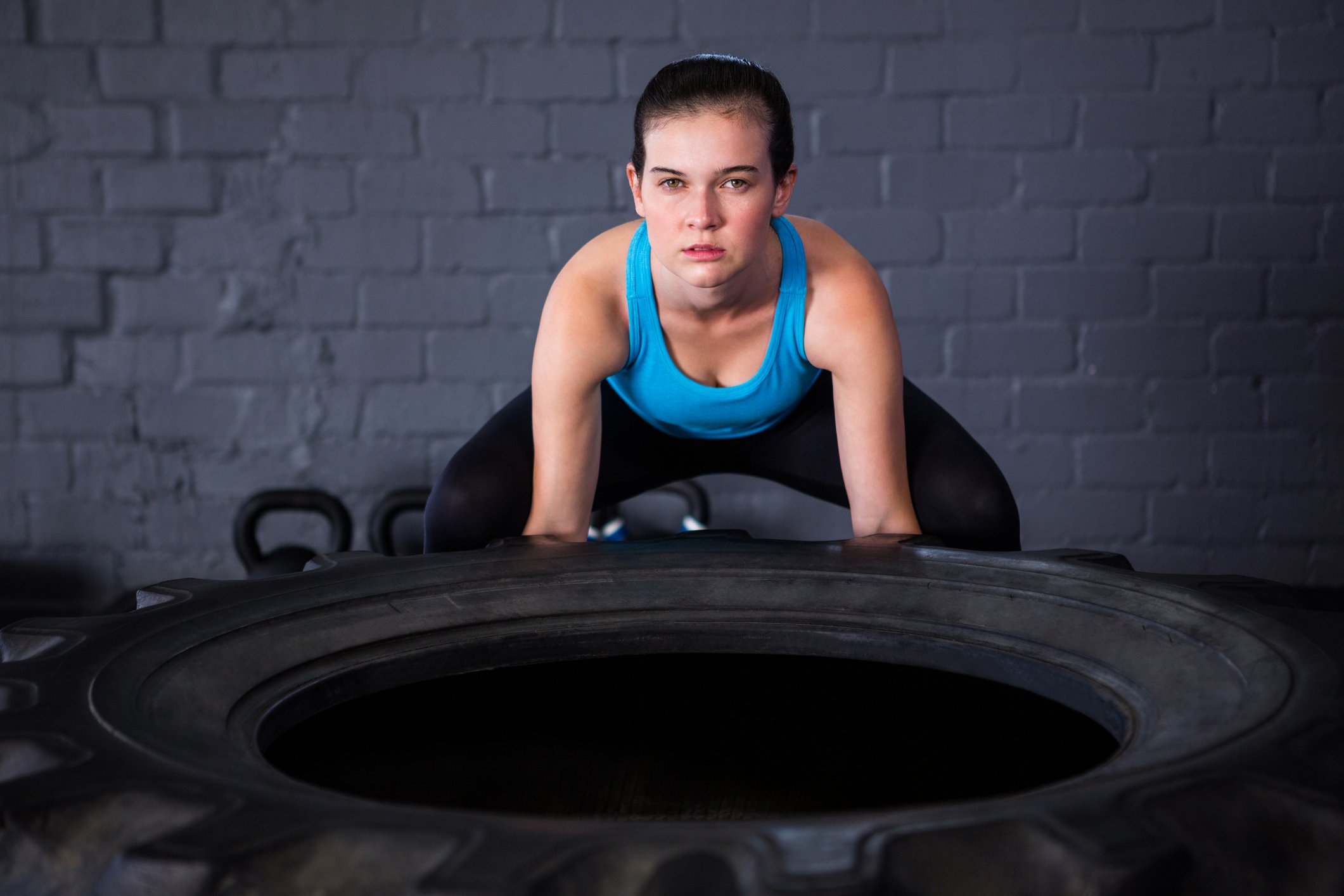What Is Fitness (Why It Matters For Teens)
Introduction
Fitness isn’t just about six-packs or running marathons. It’s about building a body (and mind) that works for you. As a teenager, your body and brain are changing fast—so this is the perfect time to understand what fitness really means and why it matters more than you might think.
Let’s break it all down—no gym membership required.
What Exactly Is Fitness?
At its core, fitness is your ability to carry out daily activities with energy, strength, and without feeling overly tired. But it’s not just about being "in shape"—there are actually five key components of physical fitness:
Cardiovascular endurance – How well your heart and lungs work during activities like running or swimming.
Muscular strength – How much force your muscles can produce (e.g. lifting weights).
Muscular endurance – How long your muscles can perform without getting tired (like planks or squats).
Flexibility – How freely your joints move (think stretching, yoga, or dance).
Body composition – The ratio of fat to muscle, bone, and water in your body.
And don’t forget mental and emotional fitness—being able to handle stress, build confidence, and feel good about yourself is just as important.
“Physical activity is one of the best tools we have to boost mental health and resilience in young people.”
Why Fitness Is So Important for Teens
You’re probably busy—school, friends, phones, maybe even a part-time job. But fitness can actually help with all of that. Here's how:
Physical Growth & Development
Your body is changing rapidly during your teen years. Exercise supports healthy bone and muscle development, builds coordination, and keeps your heart strong.
Better Mental Health
Regular physical activity is proven to reduce anxiety and depression, improve mood, and help manage stress.
It boosts brain chemicals like dopamine and serotonin, which help you feel happier and more focused.
More Energy, Better Sleep
Teens who are active tend to fall asleep faster and wake up more refreshed.
Exercise gives you natural energy, even on those long school days.
Confidence and Self-Esteem
Achieving fitness goals (even small ones!) builds confidence.
You start to appreciate what your body can do, not just how it looks.
Prevention of Health Problems
Staying active now can prevent obesity, diabetes, and heart disease later in life.
You’ll build habits that last into adulthood.
Teen Fitness Myths (That You Can Totally Ignore)
Let’s clear up a few things:
Myth 1: “Lifting weights stunts your growth.”
Not true. With proper form and supervision, strength training is safe and beneficial for teens.
Myth 2: “You have to be sporty to be fit.”
Nope! Fitness is for everyone—not just athletes. Dance, skating, hiking, or just walking more all count.
Myth 3: “Being thin = being healthy.”
Health comes in all shapes and sizes. What matters is how strong, active, and energised you feel.
Myth 4: “If I don’t go to the gym, I can’t get fit.”
Gyms are great, but not necessary. Home workouts, sports clubs, PE class, or even daily walks are all valid.
How Can I Get Fit If I’m Not Into Sports?
You don't need to be a gym rat or team player to be active. Here are some realistic ways to move more, no matter your vibe:
Love music? Try dance workouts or TikTok challenges.
A gamer? Do short bodyweight exercises between rounds.
Busy with school? Walk or bike to class, take the stairs, or stretch while studying.
Introverted or anxious? Try solo activities like swimming, yoga, or a daily walk with music or a podcast.
How to Stay Motivated When You’re Not Feeling It
Motivation doesn’t always come naturally—and that’s okay. Try these:
Set tiny goals (e.g. 5-minute walk, 10 squats).
Celebrate progress, not perfection.
Find an accountability buddy or fitness app.
Remind yourself why you’re doing it: more energy? Less stress? Better sleep?
And remember: Something is always better than nothing.
Final Thought: Fitness Is About Progress, Not Perfection
Fitness isn’t a destination—it’s a journey. And as a teen, you’re in the perfect place to build strong, healthy habits that support your body and mind for life. Whether you're just starting or looking to level up, the key is to keep moving, keep learning, and keep going.
You don’t have to be perfect. You just have to start.
FAQ’s
-
The NHS and WHO recommend that teens get at least 60 minutes of moderate to vigorous physical activity every day. This includes anything that gets your heart rate up—walking, cycling, dancing, swimming, even vigorous housework!
-
Absolutely. Fitness includes more than team sports. Try hiking, strength training, yoga, dance, martial arts, or even active video games.
-
Not unless you’re specifically training for that with heavy weights and a special diet. For most teens, exercise leads to toning and strength, not extreme muscle growth.
-
A balanced diet with carbs (for energy), protein (for muscle repair), healthy fats, and lots of fruits and veggies is key. And don’t skip meals—your body needs fuel to perform.
-
Never! Fitness is for every body. It’s not about losing weight—it’s about feeling stronger, healthier, and more in control. You can start small and build up at your own pace.












